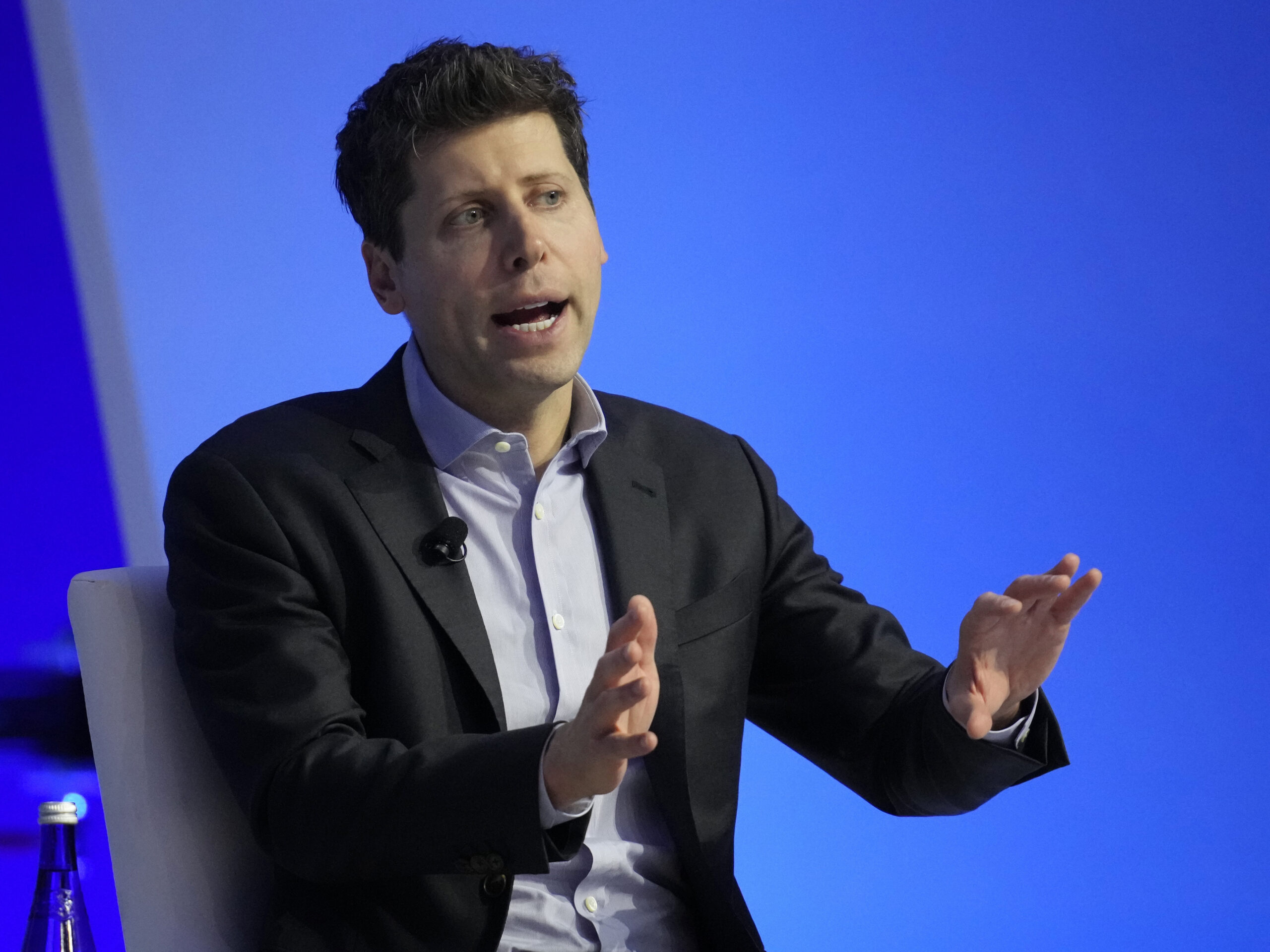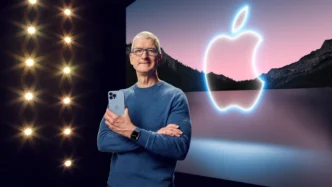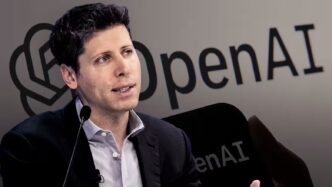OpenAI is tightening access to its most powerful AI models by rolling out a new Verified Organization status—an identity verification system that could soon become a requirement for businesses and developers looking to use advanced features on its platform.
According to an update published on its official support page last week, the new system will serve as a gateway for organizations to tap into the “most advanced models and capabilities” offered by OpenAI. To qualify, developers must verify their identity using a government-issued ID from a supported country. However, OpenAI made it clear: one ID can only verify a single organization every 90 days, and not all applicants will be eligible.
The move signals a significant shift in how OpenAI plans to manage access to its most powerful technologies. While the company says it’s committed to keeping its tools widely accessible, the push for more rigorous checks stems from growing concerns around AI misuse, particularly by bad actors attempting to exploit the platform for illegal or harmful activities.
“At OpenAI, we take our responsibility seriously to ensure that AI is both broadly accessible and used safely,” the company wrote. “Unfortunately, a small minority of developers intentionally use the OpenAI APIs in violation of our usage policies.”
The Verified Organization initiative is part of a broader effort to secure OpenAI’s ecosystem while maintaining openness. It also hints at preparations for an upcoming release, described as the “next exciting model,” which may come with stricter access controls.
OpenAI is Cracking Down on Malicious Use and IP Risks
OpenAI’s decision appears to be driven by more than just safety. Over the past year, the company has released several reports outlining how it has battled malicious actors, including hacking groups allegedly linked to North Korea.
One of the more alarming cases, according to a Bloomberg report, involves suspicions that a China-based lab, DeepSeek, may have siphoned large volumes of data through OpenAI’s API in late 2024. The theory? The stolen data may have been used to train their own AI models—directly violating OpenAI’s terms of service.
That incident reportedly sparked an internal investigation and contributed to OpenAI’s decision to block access to its services in China last summer.
What Verified Organization Means for Developers
For developers and startups hoping to stay ahead of OpenAI’s evolving policies, completing the verification process could soon become essential. While it’s not yet mandatory for all users, Verified Organization status might be the ticket to accessing premium tools and future models, especially as OpenAI continues to enhance its security and enforce its usage policies.
The message is clear: as OpenAI’s models grow in intelligence and capability, so does the need for responsible, secure access. Verified Organization may just be the first of several steps aimed at safeguarding the future of AI.












